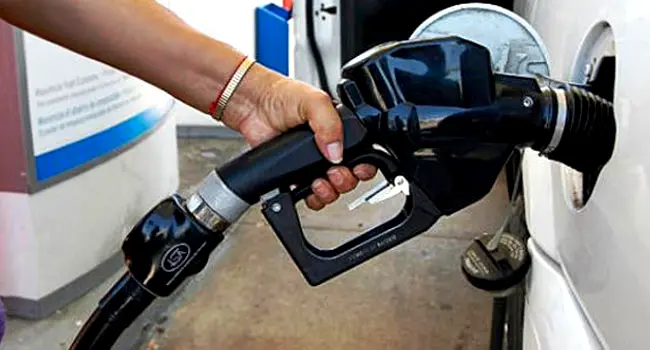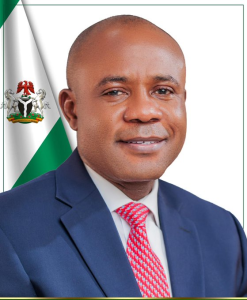
By Sebastine Obasi
Ben Akabueze, Director General of the Budget office of the Federal Republic of Nigeria, has advised the Federal Government to channel the trillions of Naira spent on fuel subsidy to university education in Nigeria to stem the tide of incessant strikes.

Speaking on Arise TV’s Global Business Report, the Director General said: “The truth is public servants need to be paid far better than they are now. It’s like the ongoing issue regarding ASUU and the pay for lecturers. I haven’t come across anyone in government who thinks that lecturers are adequately paid or who thinks lecturers should not be paid significantly more. The crux of the (ASUU) matter is the ability to pay. It is why this matter has dragged on because government has refused to commit to a number that it does not have the ability to pay.”
When asked if fuel subsidies can be redirected to ASUU, as well as increment in the pay of government staff, Akabueze said; “There’s no doubt that when you eliminate fuel subsidies or cut back on it, there will be an immediate impact on people. Government has been looking at how to cushion that effect in the immediate term. This is part of why we’ve not seen investment in the midstream sector of Nigeria’s oil and gas industry. When you have an industry where price is not market-driven, people can’t really make investments. People can’t fund refinery projects on a project finance basis.” The Director General also discussed a number of hot-button economic issues. Commenting on the reversal of the suspended telecommunications tax, Akabueze said: “I don’t know about this suspension because this (tax) is now law. Beyond what I have read in the media, we haven’t been advised on the suspension”
On the issue of whether Nigeria has a revenue or debt problem, he explained; “When you look at all the other indices of debt sustainability, our debt looks ok. This is till you get to the matter of Debt-Service-To-Revenue. That’s where Nigeria looks really bad and where we are testing limits of sustainability. What the Minister of Finance said is we need to address this Revenue problem quickly because if we do not, then we will be faced with a real Debt crisis” Also speaking on whether Nigeria could be forced to approach the International Monetary Fund, IMF, for a bailout, he said, “I don’t see Nigeria going to the IMF voluntarily. This is a hot potato issue here in Nigeria. But the honest truth is, if we don’t address our fiscal challenges, in a sensible and sustainable manner, we may end up unwillingly approaching the IMF”






